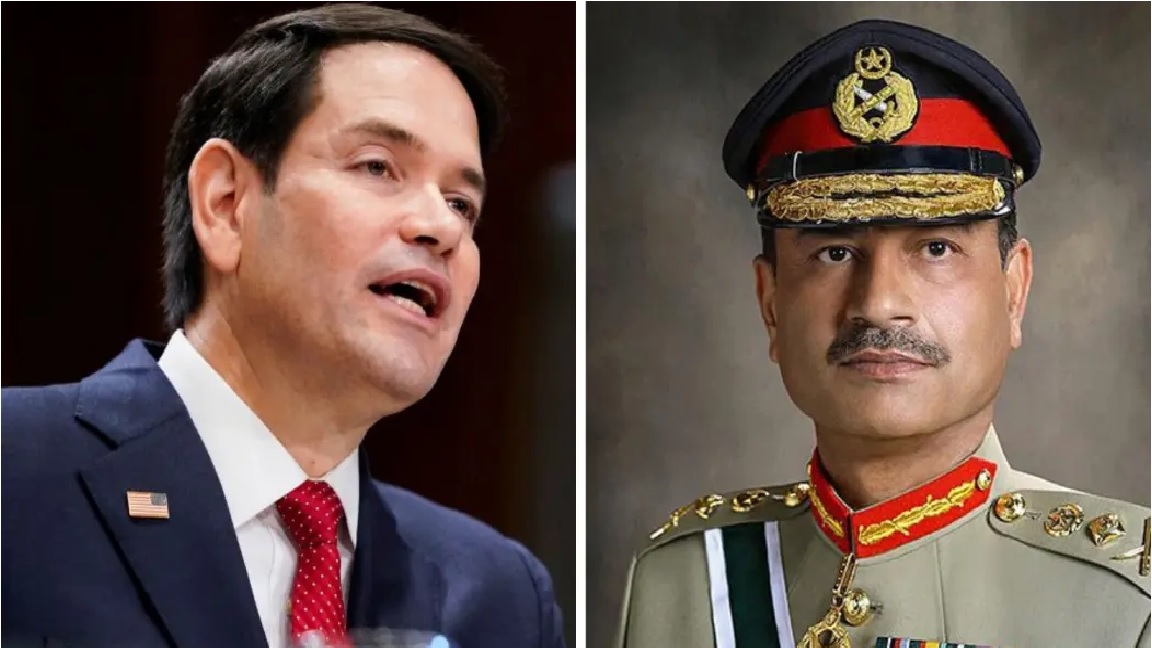In a bid to defuse escalating tensions between Pakistan and India, U.S. Secretary of State Marco Rubio held significant phone conversations today with Pakistan’s Chief of Army Staff, General Asim Munir, and Deputy Prime Minister/Foreign Minister Ishaq Dar.
These calls reflect Washington’s urgent efforts to prevent further conflict in the region, where military and political strain has been mounting following recent cross-border incidents.
Diplomatic push for de-escalation
During his call with General Asim Munir, Rubio emphasized the critical need for both nations to pursue diplomatic channels to de-escalate the volatile situation. The U.S. Secretary of State reiterated Washington’s commitment to facilitating constructive dialogue between the South Asian neighbors and expressed readiness to assist in peace efforts. Rubio reaffirmed that regional stability was a priority for the United States, calling for restraint and ongoing communication between Pakistan and India.
Conversations with Ishaq Dar
In a parallel diplomatic move, Marco Rubio also spoke with Pakistan’s Deputy Prime Minister and Foreign Minister Ishaq Dar to address the growing tensions. According to a statement from Pakistan’s Foreign Office, the two leaders discussed the evolving situation, particularly following India’s recent missile strikes and Pakistan’s counter-attacks. Both parties agreed on the importance of avoiding further escalation and maintaining open lines of communication.
The U.S. emphasized the necessity of peace and stability through diplomatic engagement and pledged its support for de-escalation efforts. Both sides are set to remain in close contact in the coming days to navigate the delicate situation.
This diplomatic activity comes amidst broader international efforts to prevent a potential full-scale conflict between India and Pakistan, both nuclear-armed nations. As military preparedness and security alerts rise on both sides, the global community has expressed concern over the possibility of the situation spiraling into a more serious conflict.
Washington's involvement signals a renewed focus on preventing a major escalation in the region, highlighting the importance of constructive dialogue and collaboration for peace.





